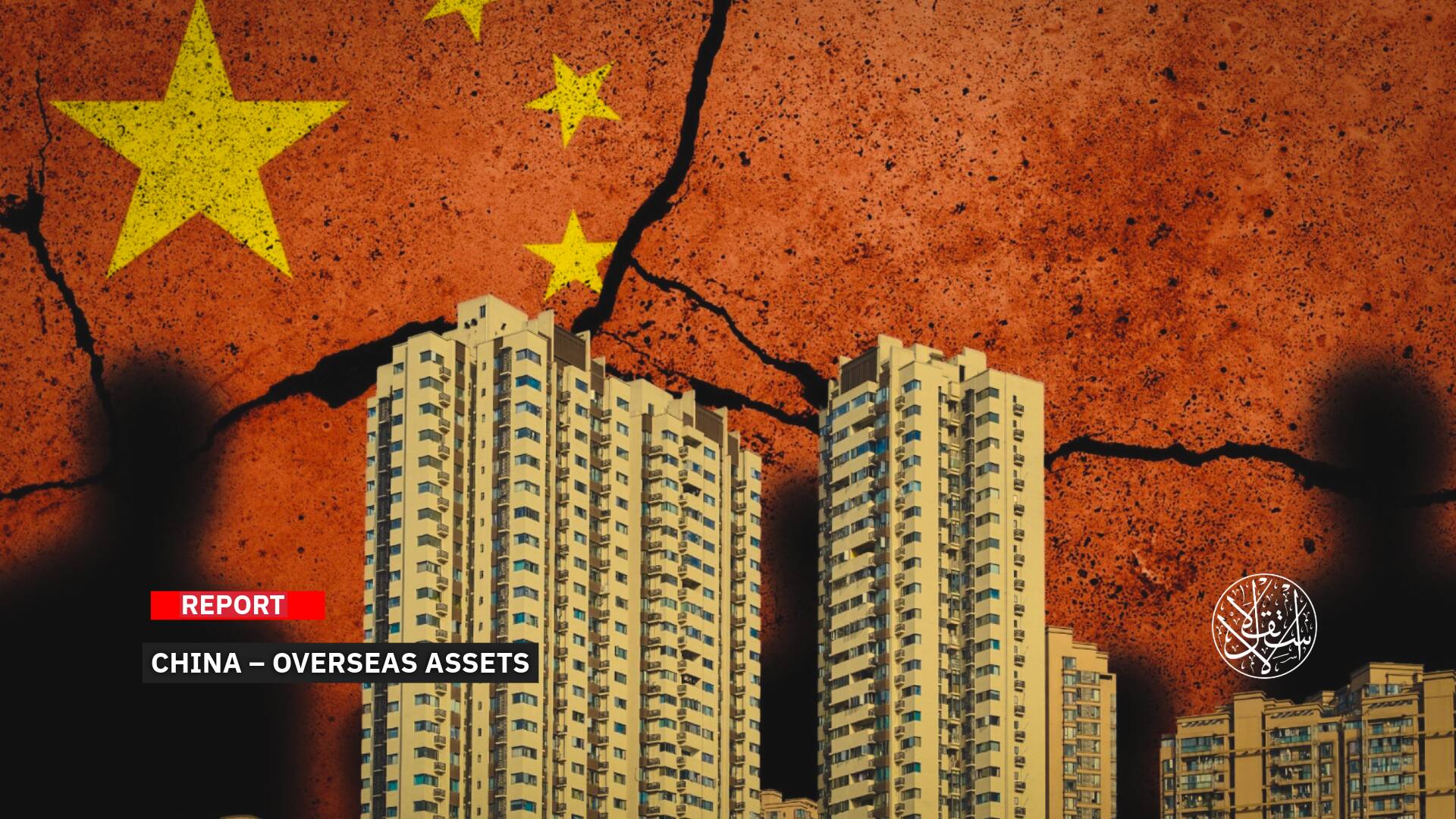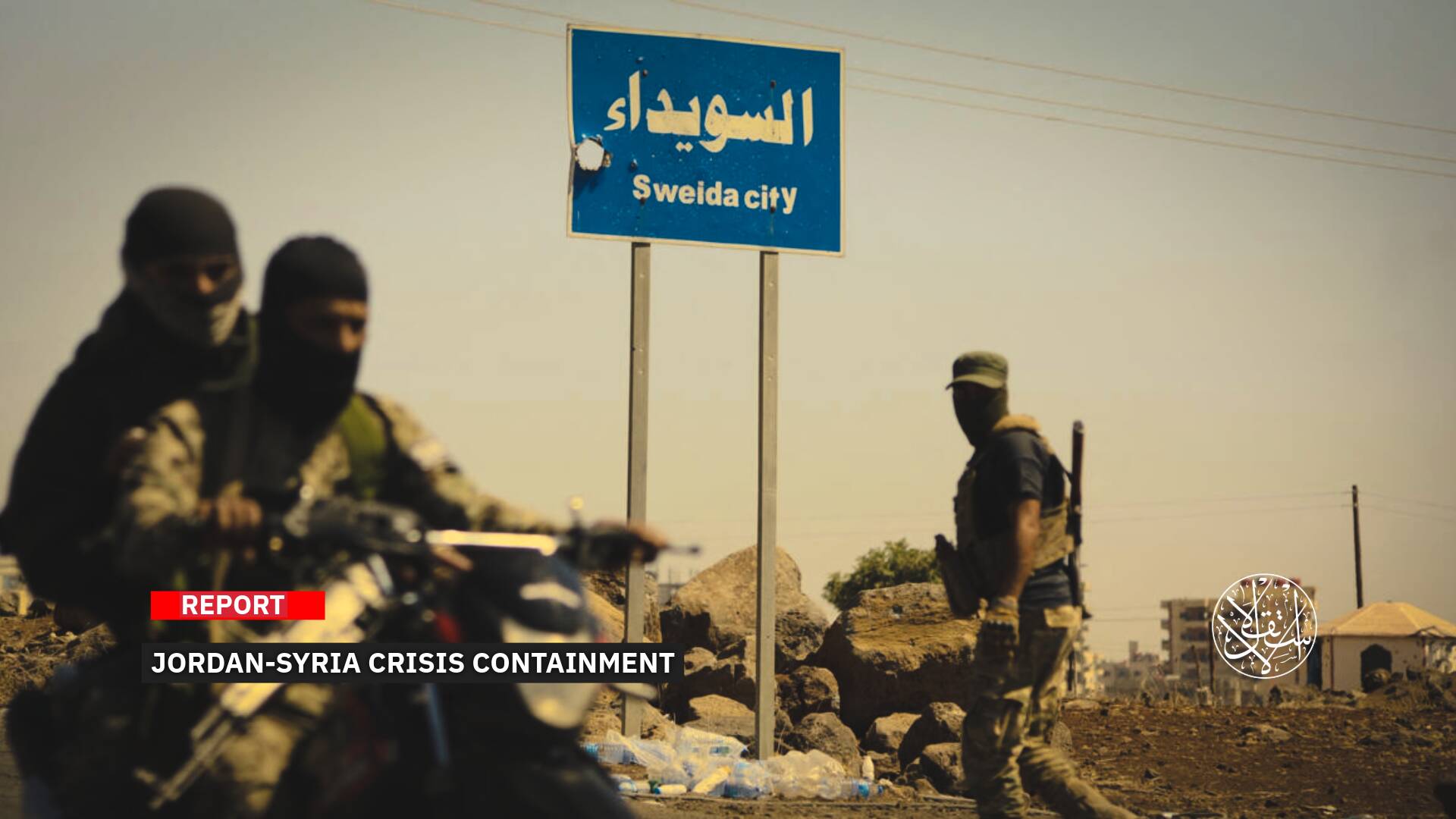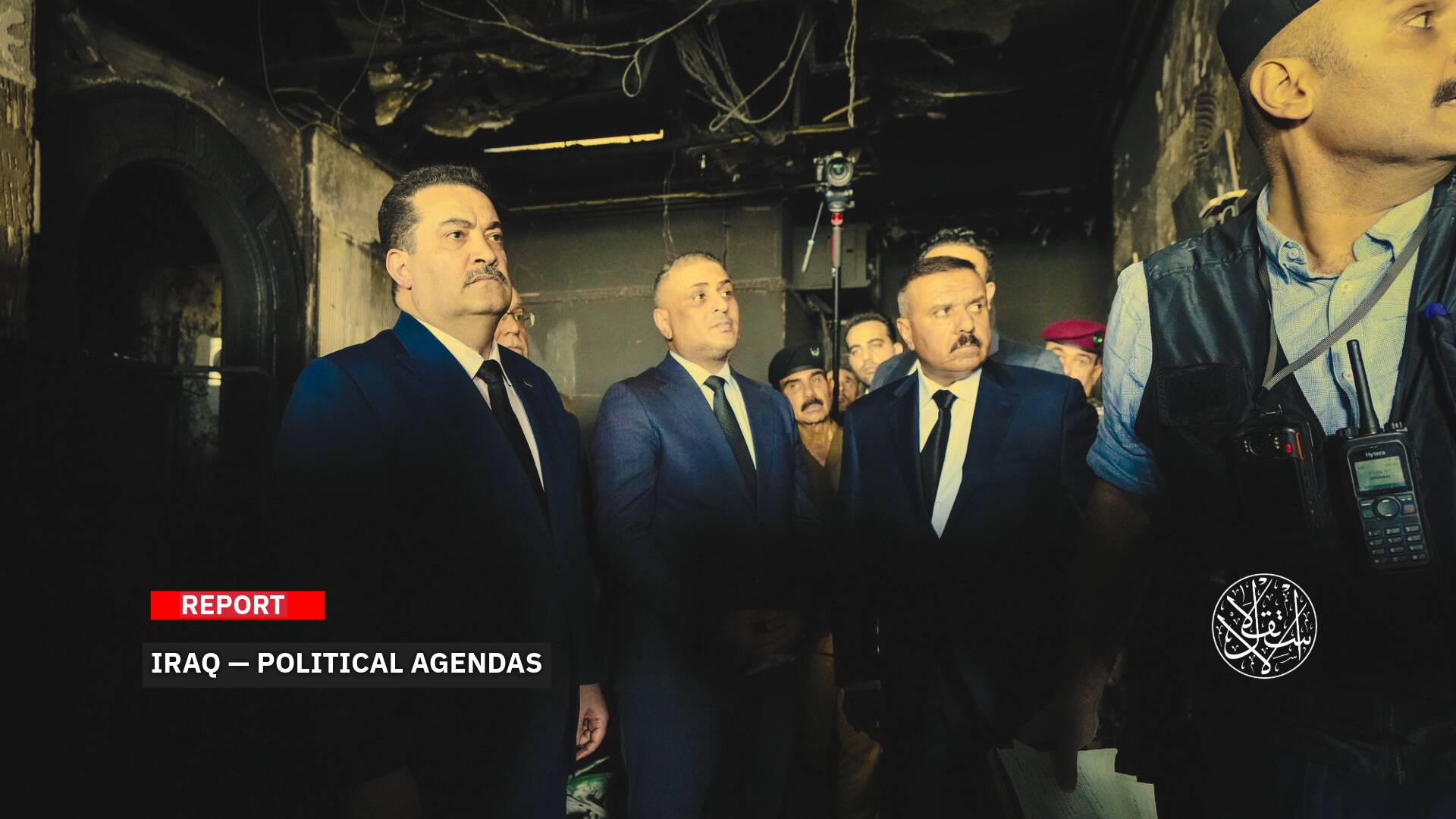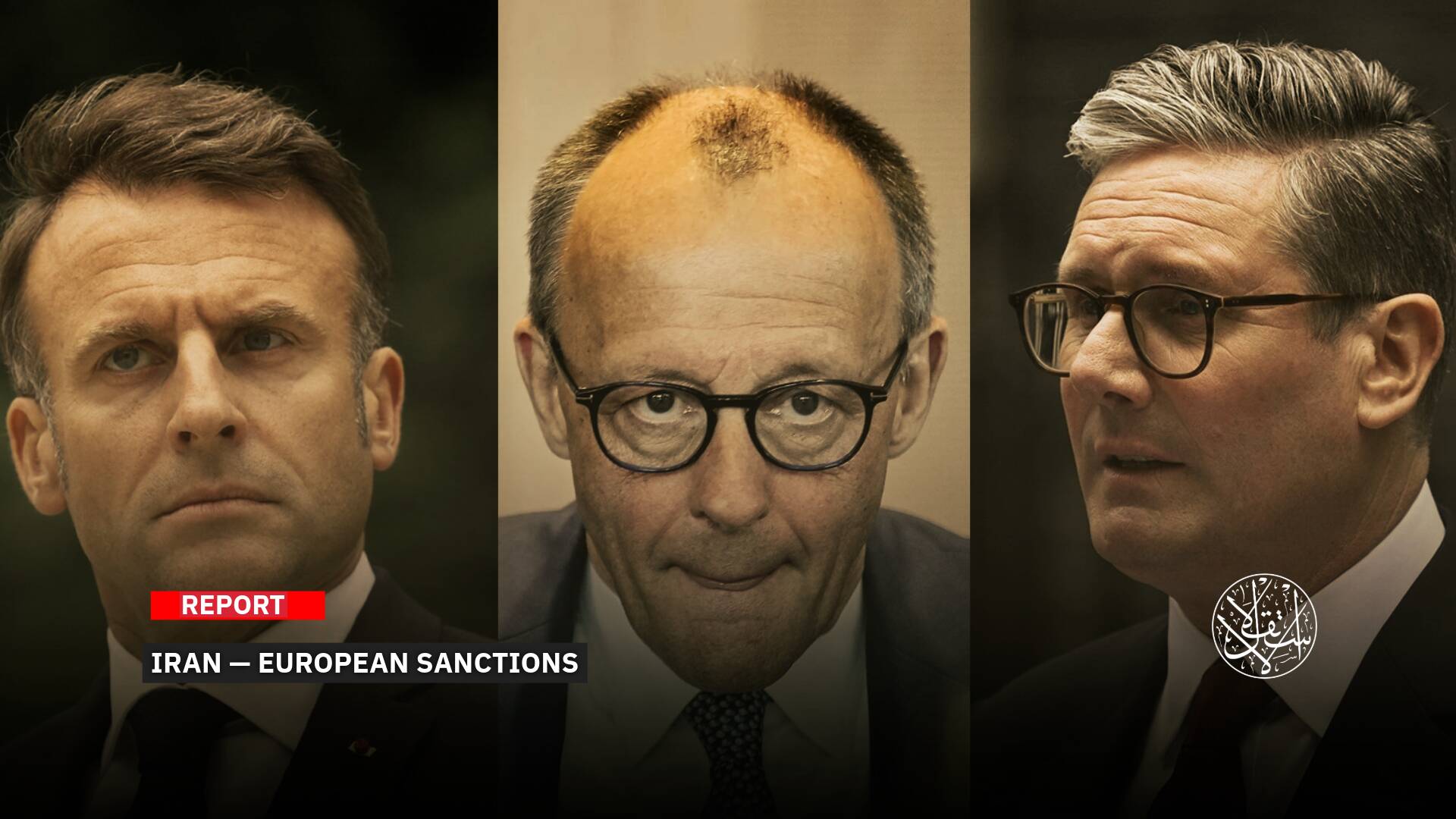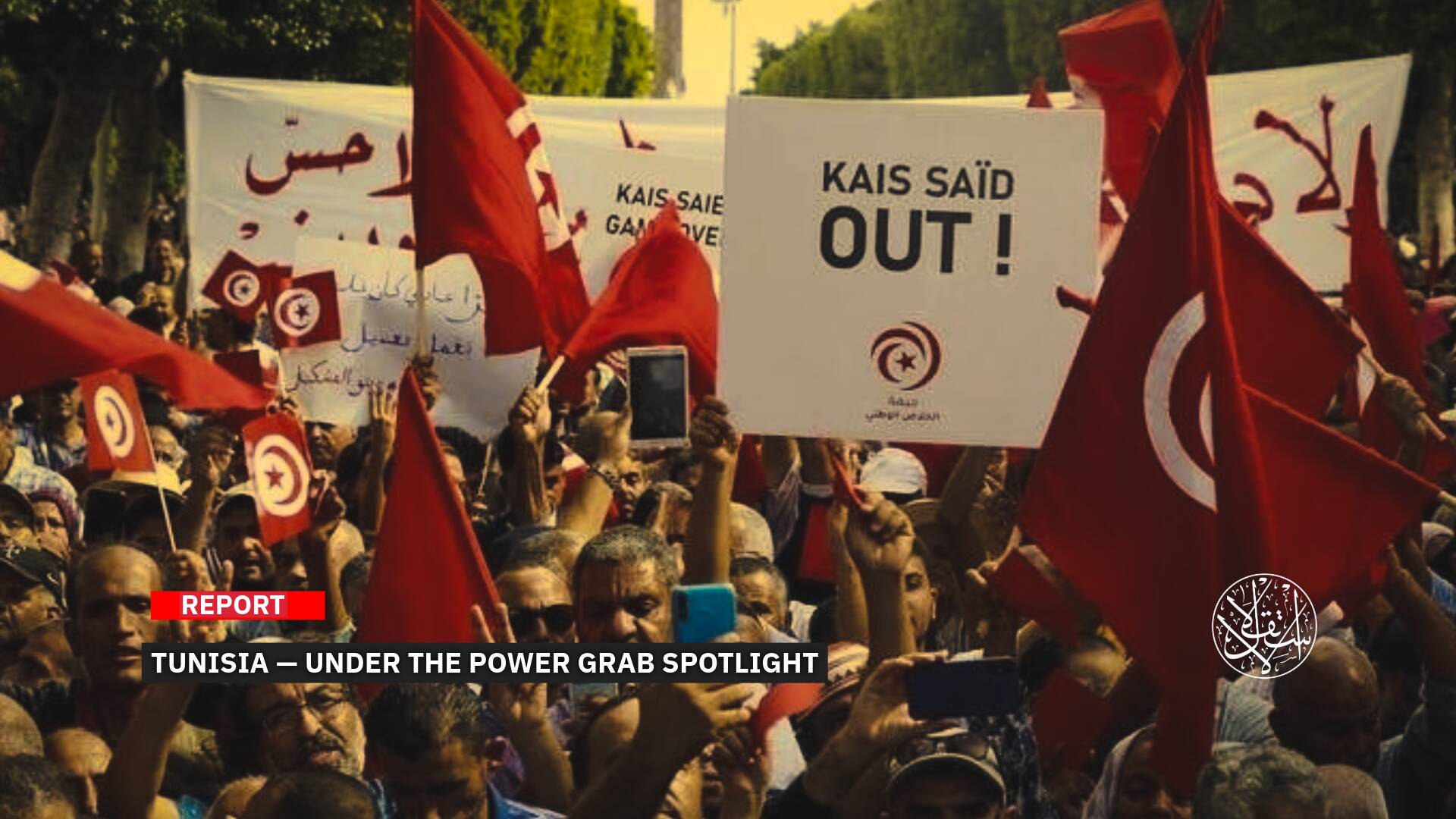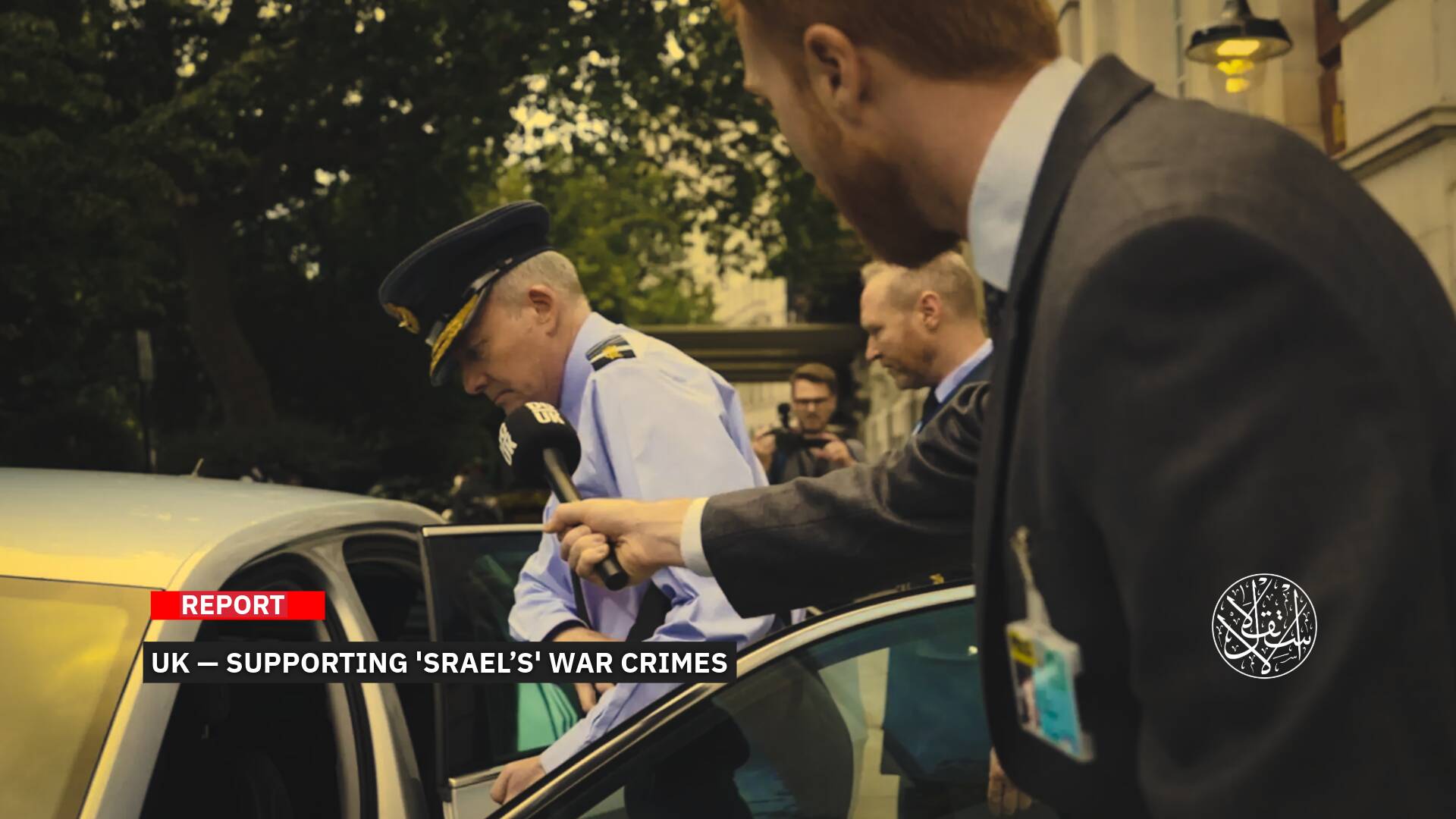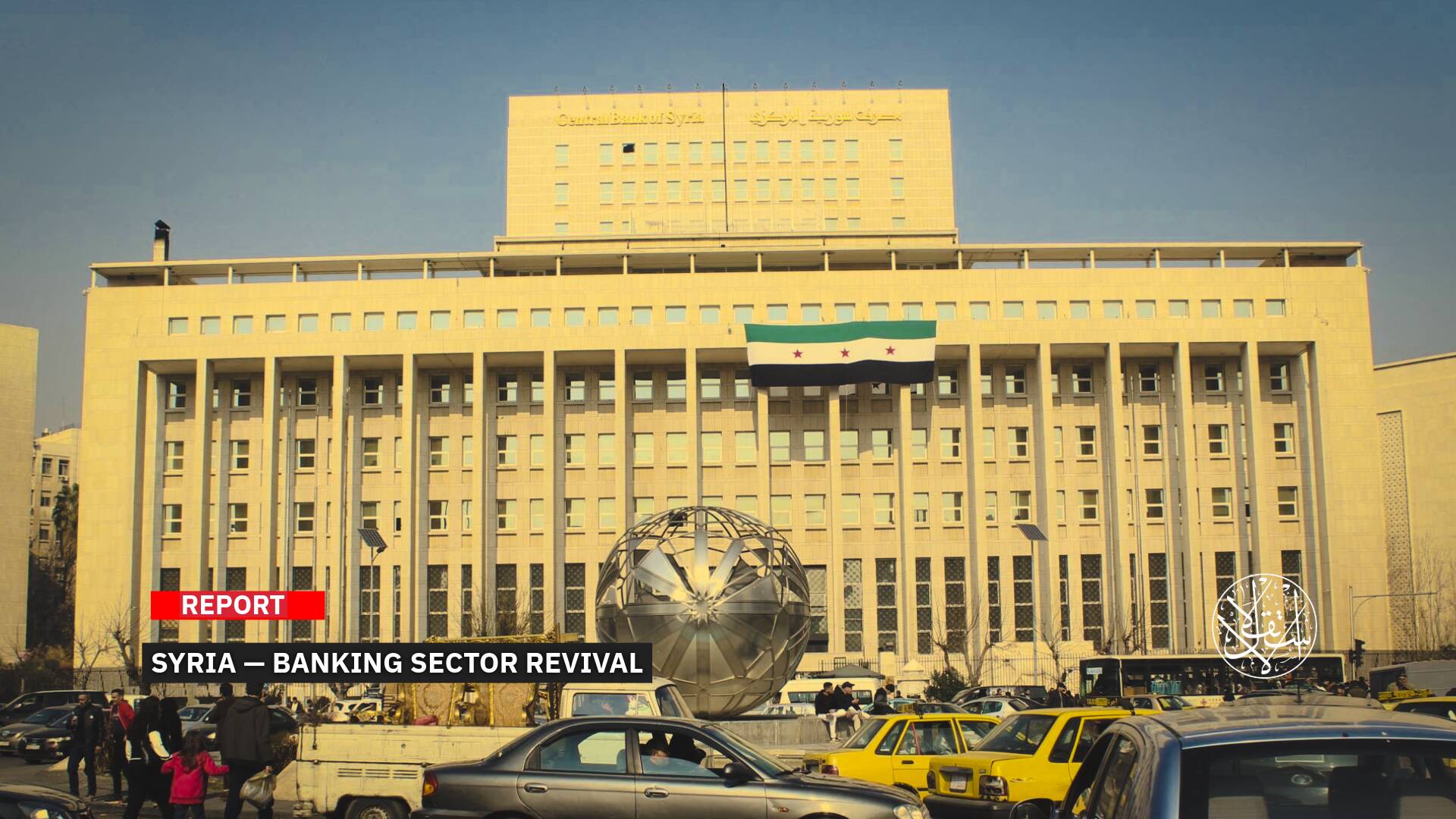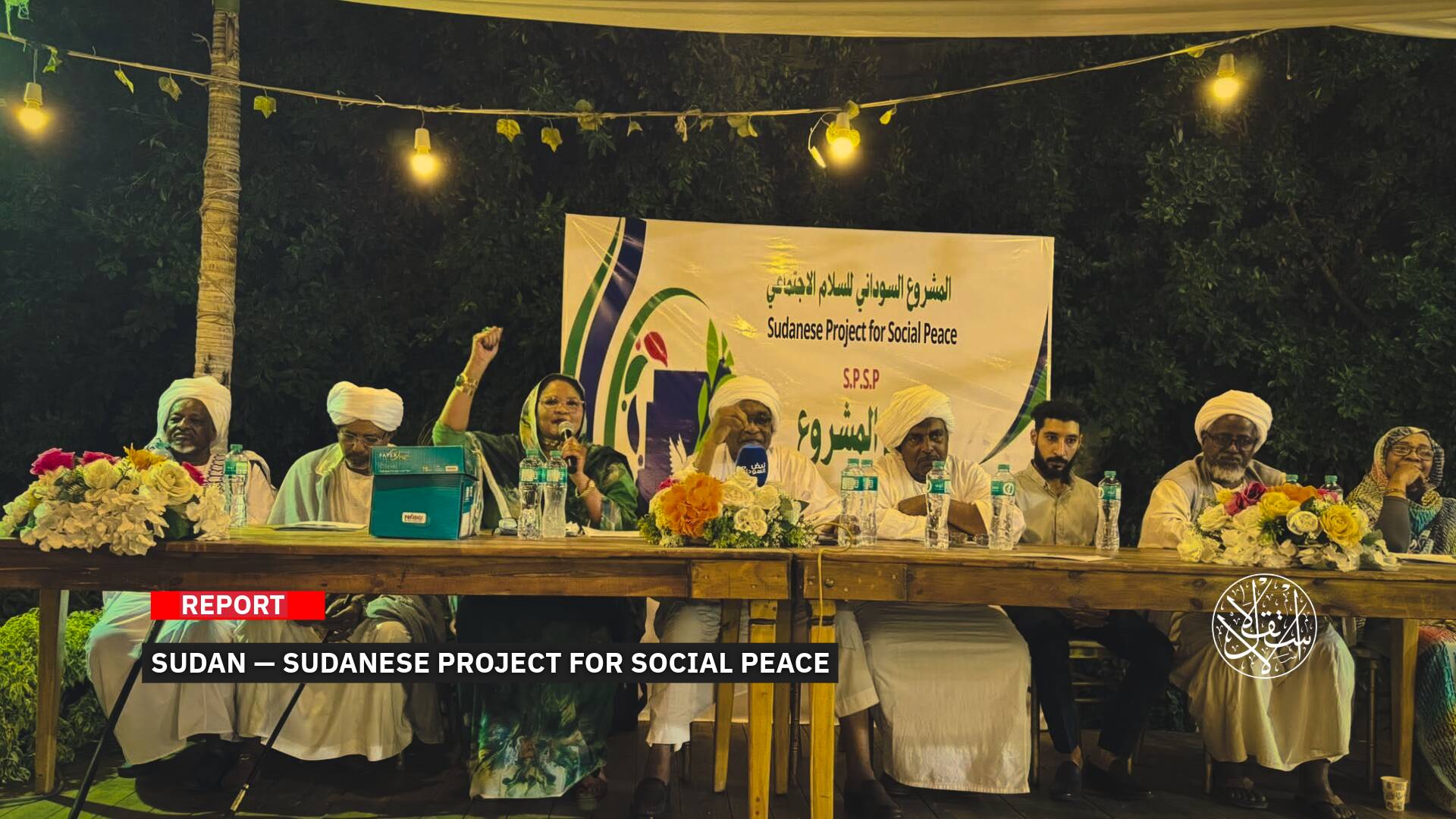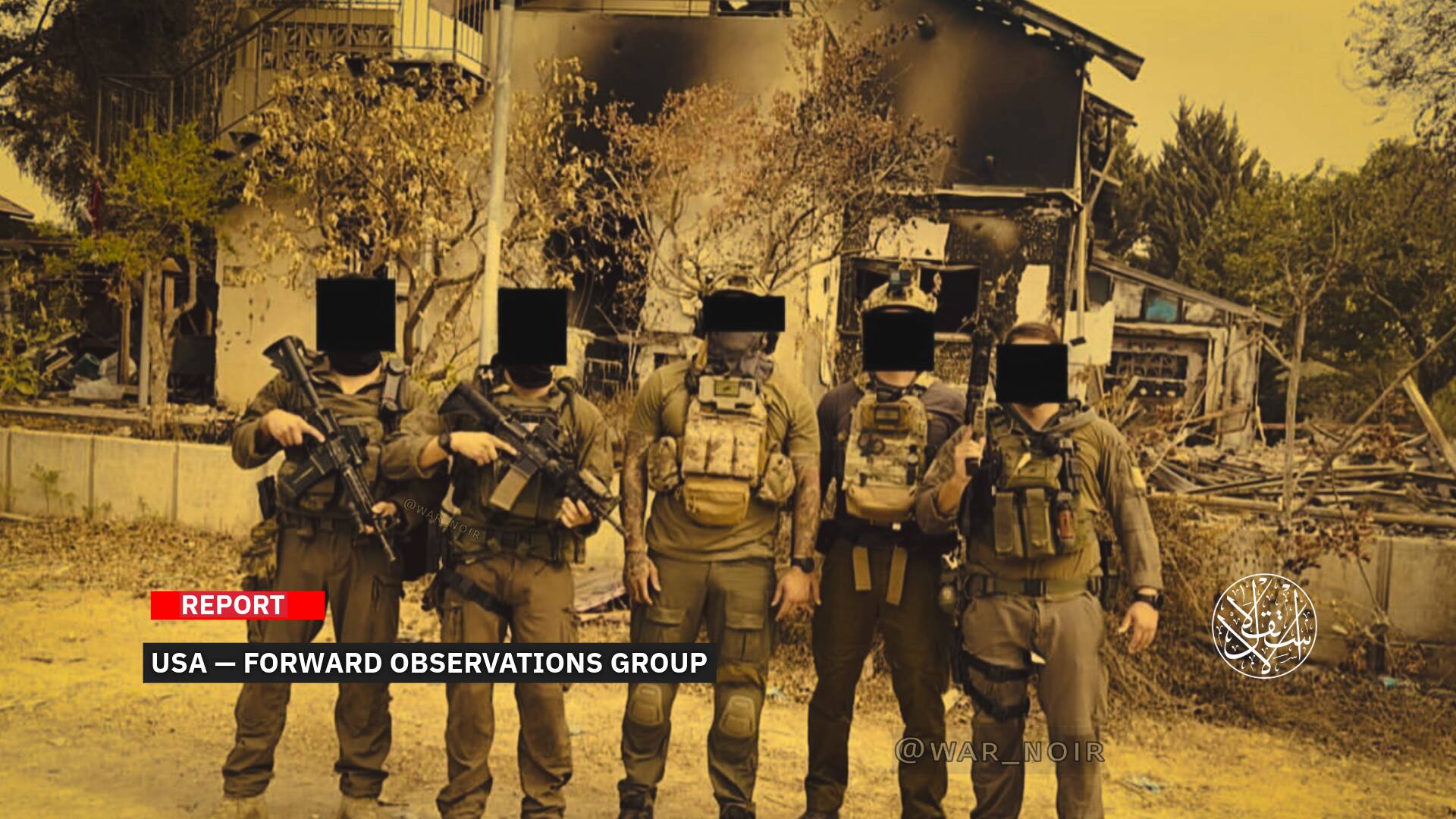Death Penalty in Iran: What Behind the Sharp Increase in Executions?

Iran has been recently witnessing a security campaign in which there have been unprecedented numbers of executions, extensive arrests of opponents of the regime, some of which targeted a number of prominent film directors, and trials of foreign citizens, which their families denounced as formal.
Activists accuse the Iranian government of hiding the exact number of those executed.
It seems that none of the Iranian society has escaped the authorities' grip, as the campaign targeted activists in trade unions and others who oppose forcing women to wear the Hijab, as well as members of religious minorities, according to many activists.
This coincides with the one-year anniversary of President Ebrahim Raisi, the former head of the judiciary, who is considered a hard-line conservative, succeeding Hassan Rouhani.

Executions Surge
Iran is carrying out executions in full swing, according to human rights groups, as in the last week of July, 32 people were executed, including three women on the grounds of killing their husbands.
The significant increase in the number of executions was remarkable when Iran executed in the first half of 2022, twice the number of people executed in 2021, according to the non-governmental organization Iran Human Rights based in Norway.
The organization has recorded 318 executions by hanging carried out this year, but the real number is likely even higher.
Amnesty International said that Iran is witnessing an execution spree, with hangings currently proceeding at an appalling pace.
Iran Human Rights Iran stated that the executions included ten women, three of whom were hanged in one day on July 27, 2022, after being convicted of murdering their husbands. On July 23, Iran carried out its first public execution in two years.

Mahmood Amiry-Moghaddam, director of Iran Human Rights, said that "the authorities are using large-scale executions to sow fear in society to prevent any new anti-government demonstrations."
Ebrahim Raisi and Supreme Leader of the Islamic Republic, Ayatollah Ali Khamenei, are facing an economic crisis that has been accompanied by a series of disasters, including the collapse of a building that resulted in deaths in Abadan in May, sparking rare protests.
The economic problems are mostly due to the sanctions imposed on Iran to push it to restrain its nuclear program.
However, there are no indications so far that the international powers and the Iranian authorities will be close to achieving a breakthrough in the negotiations aimed at reviving the 2015 nuclear agreement.
"The current security crackdown is closely linked to the escalation of protests in Iran," said Ali Fathollah-Nejad, an expert on Iranian affairs at the Issam Fares Institute for Public Policy and International Affairs and the American University of Beirut.

Crimes as Petty as Theft
At least 146 of those executed in the first 6 months of this year had been convicted of murder "amid well-documented patterns of executions being systematically carried out following grossly unfair trials," and 86 were hanged for drug-related offenses, the Amnesty International report.
The Iranian authorities have executed at least one person a day on average between January and June 2022. Deputy regional director for the Middle East and North Africa at Amnesty International, Diana Eltahawy, said that "the state machinery is carrying out killings on a mass scale across the country in an abhorrent assault on the right to life."
"Iran's staggering execution toll for the first half of this year has chilling echoes of 2015 when there was another shocking spike," she added.
In his interview with Al-Estiklal, the human rights activist, who requested anonymity, said that all executions in Iran were "an arbitrary deprivation of life," stressing that the country has to end the imposition of the death penalty as many cases did not even require execution.
"Many of the cases have nothing to do with murder or retribution, the Iranian government simply wants to spread fear among activists and opponents by executing people on the grounds of charges that do not require the death penalty, such as drug trafficking, and this is a violation of international law," he said.

"Most of the executed did not enjoy fair pleading and hearings, and there was a lack of evidence for the accusations. For example, many women were executed because of killing their husbands, but most of them were victims of rape, and the killing was in self-defense, in addition to forced confessions extracted through torture and other forms of pressure to confirm guilt," he added.
The human rights activist continued to say that Iran is imposing vague charges, like enmity against God and corruption on Earth and using them to sentence individuals to death for participation in protests.
The UN deputy human rights chief Nada al-Nashif presented Guterres' latest report on Iran and also condemned the executions in the country that were on the rise.
She denounced other rights abuses in Iran, especially while responding to protests over a range of significant social, political, and economic challenges over the past year.
"Excessive use of force constitutes the default response by the authorities to managing assemblies," she said.
"In April and May 2022, at least 55 individuals—teachers, lawyers, labor rights defenders, artists, and academics—were arrested during protests, many of whom are facing national security charges."
This Must Be Stopped
Iran is the first country, after China, when it comes to the number of executions worldwide. The death penalty in Iran can be handed down for crimes like adultery, kidnapping, and political crimes, as well as murder.
The executions, however, are not only for adults; children can also be sentenced to death; for boys, it's 15, and for girls, it's 9.
According to Amnesty International, "at least 73 young offenders were executed between 2005 and 2015 [after spending over a decade on death row], and the authorities show no sign of stopping this horrific practice."
"We have the details of 49 people on Iran's death row who were under 18 at the time of the crime they are alleged to have committed. The UN says there are at least 160 such people facing execution in the country. In fact, there are likely to be many more young offenders on Iranian death rows, as the use of capital punishment in Iran is often shrouded in secrecy," it added.

Under international laws, it's illegal to execute individuals under the age of 18.
On the other hand, Iran claimed that it has started reforming the country's justice system after International criticism for executing young offenders.
The updates to the country's Islamic Penal Code were allowing judges to consider the mental capacity and maturity of the young offender when committing the crime, and they can also apply for retrial, but not much has changed in practice.
Despite Iran having approved the Convention on the Rights of the Child decades ago, research by Amnesty International reveals that Iranian authorities executed more than 73 juvenile offenders between 2005 and 2015.
Amnesty International and many human rights organizations are still calling for an end to the death penalty around the world.

Sources
- Executions Leapt 25 Percent in Raisi's First Year but Twice as Many Took Place in Secret, Report Finds
- SAVAGE CRUELTY Iran’s executions and torture surging with hangings from cranes and guillotined fingers for crimes as petty as theft
- Iran is sentencing children and teenagers to death
- Iran: Horrific wave of executions must be stopped
- Iran carrying out executions at 'horrifying pace,' rights groups say


